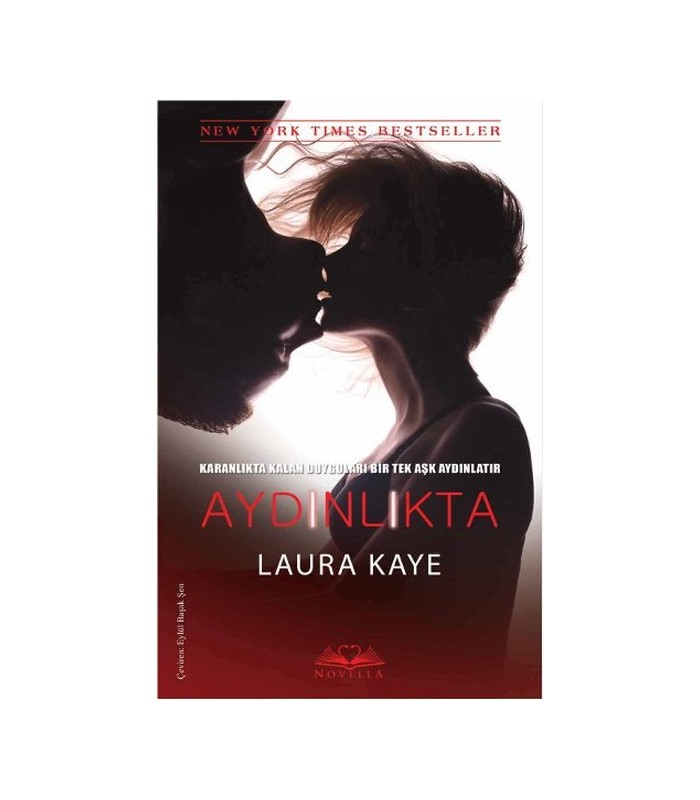
Mirka in turn would always remain in the book as the Other and eventually go away again. But something did not sit well for me with this story – Sophie was a self-pitying character who I knew would mistreat Mirka. Poor, lonely Sophie whose world is shaken up when Mirka, a young girl from Slovakia, comes to stay at the house, and for whom she starts developing feelings. Not only would I be able to touch on the homophobia that I had encountered in this world, but it would also give me a chance to talk about the hatred of the European Union and the xenophobia towards European migrants that I had heard voiced, even years before rumours of a referendum.Īt this point it was going to be Sophie’s story.


I woke up the next morning and knew that this was the book I was going to write. But Sophie remained at the back of my consciousness until one night I met a woman from Eastern Europe who told me the story of how she came to the UK to work on a pheasant shooting estate and ended up having an affair with the wife. Nothing materialised from these exercises: I started writing other unrelated books. Long before I started writing English Animals, I had written some scenes involving Sophie, an upper-middle class woman trapped in a toxic marriage, living in the countryside and who was secretly gay. Knowing some of the challenges this entails, I was particularly impressed by the way Laura handled them and I’m delighted she is here to tell me how she did it (my review follows): I’d love to meet Laura in real life one day as we have a lot in common we are both linguists (you’ll see), we have similar views on the ‘appropriation’ question, an interest in sexuality as a theme and our debut novels are narrated in first person by characters navigating life in a foreign language and country. (Personally I will be giving anything billed as a ‘Brexit novel’ a wide berth.) And today’s featured title, English Animals by debut author Laura Kaye, has extraordinary relevance in the European context, maybe all the more for not having had an issue-based agenda in the making. Another is Behold the Dreamers by Imbolo Mbue, set at the start of the Obama era, which examines immigration, race and identity in a way that is both uniquely American and global.

One is Elizabeth Hay’s gorgeous His Whole Life, set against the backdrop of the Quebec Independence referendum of the 1990s, and Elizabeth will be visiting the Sofa in May.

This might not appear that strange, considering my main interest is contemporary fiction what is strange is that the authors of three of the seven could not have predicted the significance they would acquire in the light of subsequent events. As you may recall, I was struck by how many of my chosen titles had important things to say about the world right now. Last week was exceptionally busy with reports from the London Book Fair and a George Saunders event – now it’s back to featuring authors from my Spring Sofa Spotlight.


 0 kommentar(er)
0 kommentar(er)
